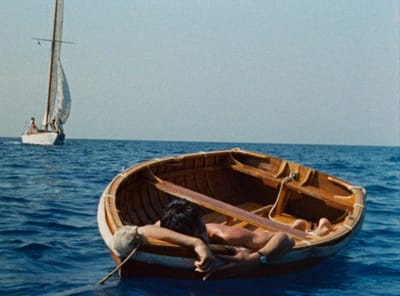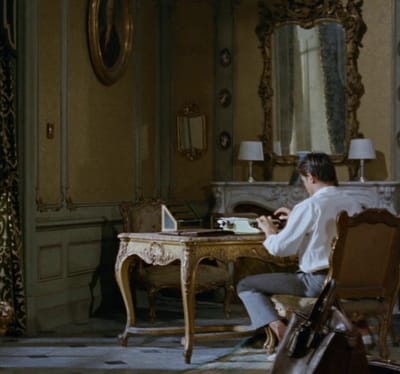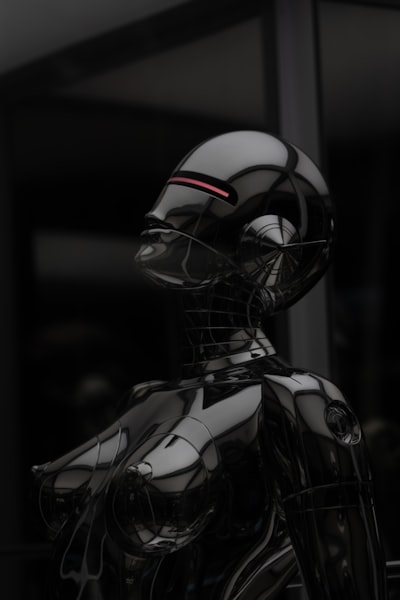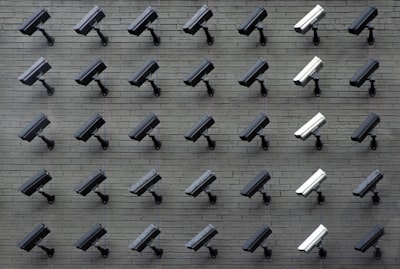Every morning I get on a train in Queens, N.Y. sometime between 0600 and 0800 and head into Manhattan. Without fail, a construction worker is on board, donned in ragged Carhartt pants, hard hat in his lap, bobbing in and out of sleep. He’s on his way to build another man’s dream; I hope he’s fulfilling his. I know I’m still searching for mine. To my right and left are all sorts of people: nannies, teachers, journalists, financiers, government officials; the cast changes each stop. What’s unchanging is the focus of our attention. We fixate on the floor. The ceiling. The lights. Everything but each other. In silence, we make our way to our days. There are no cadence runs, no group obstacles, no camaraderie in the sense I’d become accustomed to while in the military. Collective pain has been replaced with collective revulsion at vile, unrecognizable smells; unit chants with screeching trains; brothers in arms with strangers passing by. For all the sensations a NYC commute offers, the most striking is a sense of constant, inescapable void.
I enlisted in the Marine Corps at the age of 19, mistaking the uniform for a badge of significance, a certification of importance, valid for life. In hindsight I don't remember it being a choice between whether to serve in the military or not. Joining was the choice between learning the true meaning of service, or not. The military—and no other work or action outside the military—promised me that same lesson.
Service, I thought, was enduring an eye-to-eye moment with an enemy combatant before you took his life. I thought it was having at least one night when darkness fell but your eyes couldn’t because adrenaline still rushed through you from a mission just accomplished. I believed that all other experiences paled.
While in the military, most service members develop—and maintain after they leave the service—a disdain for those who’ve never served. "Nasty civilians," we called them. While I didn't wholly buy into the idea, I think adopting a mild form of it reinforced in me the belief that what I was doing in the Marine Corps was more important than anything I could ever do as a civilian. And I came to believe that “service” was something I could do only in the military, a prerogative of enlistment.
Which is complicated for me, because I separated from the military feeling stifled by how little I had actually done. Despite deploying twice to 13 countries, I was never given a mission—neither humanitarian nor combat—other than to train. Instead of parading my experiences as a Marine, I often conceal them, out of fear that I only matter as much they do to me.
Feelings of failing like this aren't new.
“On the eve of the Civil War,” the British military historian John Keegan wrote, “[Ulysses S.] Grant, aged thirty-nine, with four children at home and scarcely a penny in the bank, had made no mark on the world and looked unlikely to do so.” After resigning his commission in 1848, Grant became a serial entrepreneur—and serially failed. If not for the Civil War, Keegan writes, there may have been nothing to “rescue [Grant] from his social disability.”
I’ve begun to wonder, what could rescue me now that my uniform is off?
I remember the high I felt immediately after separating from the Marine Corps, how blissful life felt for those first few weeks—still waking up at 0600 each morning, but this time working, sleeping, and eating to my own cadence. Somewhere between the day I received my discharge papers and now—nearly two years later—that blissful feeling has faded, replaced by a more grounded sense of satisfaction. Contentment, you could call it. A contentment derived from a life of predictability, commanded by the unending stream of school assignments, offset by weekends spent meandering to NYC’s cheapest bars and restaurants. Some days that contentment brings me joy, others a sense of disillusionment. My civilian accomplishments are measured on a different scale from my Marine Corps accomplishments. As a result, I struggle to recognize my new accomplishments.
Shortly after I exited the Marine Corps, my “time in service” began to feel like a misnomer, a lie I had let perpetuate each time I took credit for my veteran status.
My youthful understanding of service—to become important to myself and essential to others—is what inspired me to join the Corps. But I’m a civilian now, and I’m still searching for that meaning in life. There’s no uniform I can put on now that helps me believe I'm serving in the way I hope. Now I’m an anonymous figure on the subway, a student, a husband. In each role I’m discovering what it means to serve outside of the military. It’s a frustrating journey, finding a place back home, and at times it’s defeating, occasionally propelling me to the computer in search of ways I can enlist again, as if I too, like Ulysses S. Grant, will serially-fail at whatever is next for me.
Editors Note: This article first appeared on The War Horse, an award-winning nonprofit news organization educating the public on military service. Subscribe to their newsletter





